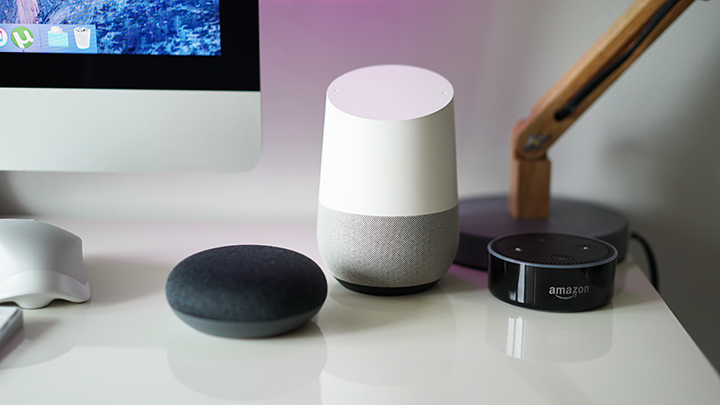In a recent study by researchers from the University of Washington, University of California Davis, University of California Irvine, and Northeastern University, it was revealed how smart speaker systems such as Amazon Echo can be utilized for targeted ads on its users. It was found that as many as 41 advertisers sync their cookies with Amazon, while they can further sync with 247 other partners, including advertising services.
“In many instances, Amazon and skills did not clearly disclose their data collection practices in their privacy policies. Furthermore, several skills did not provide any privacy policy or did not reference the platform’s privacy policy,” the study said.

The researchers, however, have provided a caveat in their analysis on the privacy implications of smart speakers.
“In particular, we do not claim that Amazon directly shares voice recordings or transcripts with advertising networks,” the study explained, “Neither do we claim that Amazon surreptitiously records users’ voices; we issued voice commands and expected to be recorded.”
For its part, Amazon confirms there can be targeted ads, and that voice recordings are not shared with developers.
“Similar to what you’d experience if you made a purchase on Amazon.com or requested a song through Amazon Music, if you ask Alexa to order paper towels or to play a song on Amazon Music, the record of that purchase or song play may inform relevant ads shown on Amazon or other sites where Amazon places ads,” Amazon spokesperson Lauren Raemhild said in an email to The Verge.
“We are not in the business of selling our customers’ personal information and we do not share Alexa requests with advertising networks,” she added.
In addition to this, one can manually do away with Amazon’s targeted ads by modifying the advertising preferences.

Meanwhile, with its recent comparison between Alexa and Google Assistant, Android Authority appears to give the premium for the latter in terms of privacy.
“What might surprise some people is that when you trigger Assistant with “Hey Google” or “OK Google,” voice recordings aren’t kept by default. You have to opt in, and like Apple, Google both encrypts this audio and assigns it an anonymous identifier,” Android Authority explains.
It found Amazon’s Alexa would have opting in as the default, but of course, Google also has the capacity for targeted ads if you have advertisement personalization activated.
“Activity on Assistant devices will influence the kinds of ads you’re targeted with elsewhere, since Google makes most of its revenue from advertising,” Android Authority noted, “If you’re worried about smart speaker activity making its way to advertisers, Google is probably the platform to avoid, for the obvious reason that the company is a global juggernaut in online ads.”
Even if these smart speakers do not listen to every word you may say, there might be other ways to gain sufficient and relevant information to target ads, such as location and the content you access. In the main, one would perhaps have to weigh the available options through the scales of convenience and privacy.

























It is a good thing to note that referencing “a study” usually requires peer review.
And once “a study” pass from the peer review, that’s the time when “the study” is published in a reputable publication (not Arxiv).
In this case, I think it is good to know if the study is peer-reviewed, or not. That way, readers can take the information with a grain of salt.